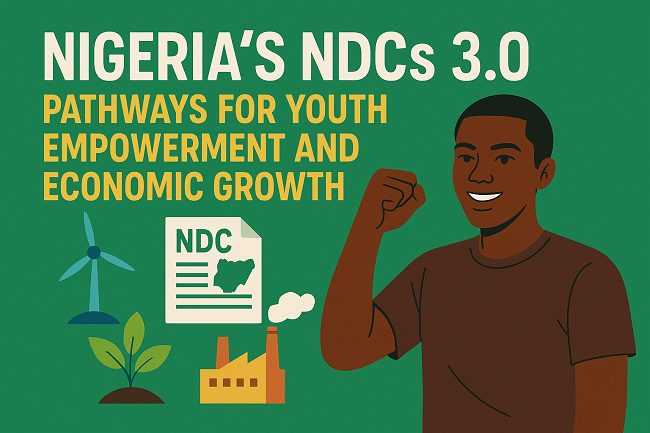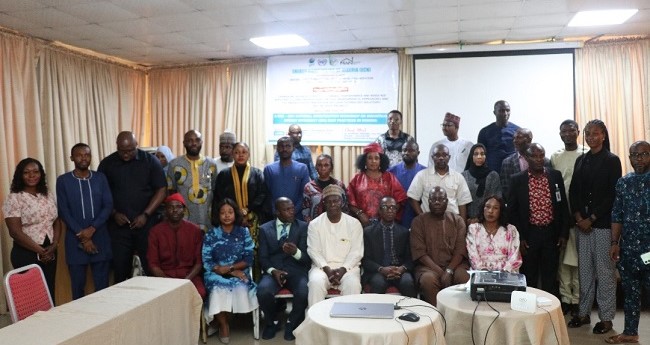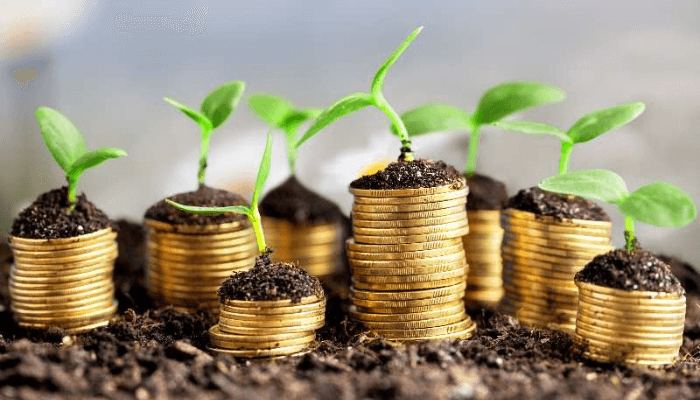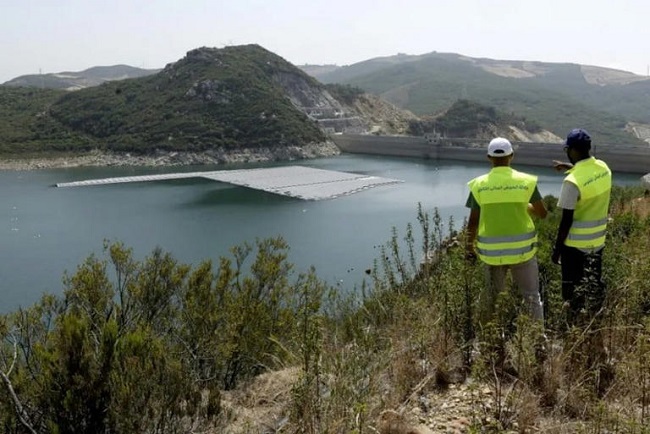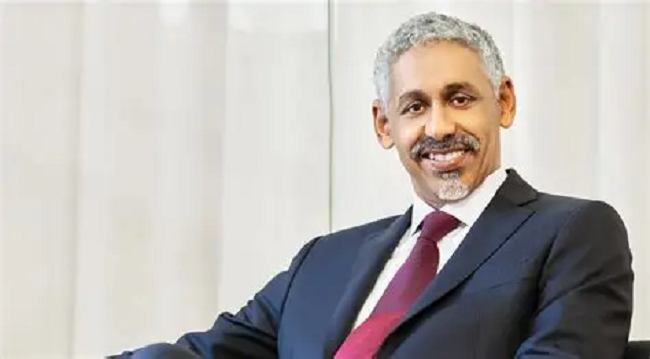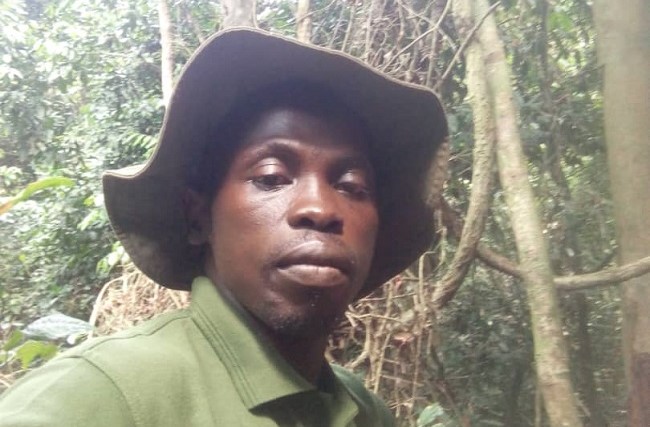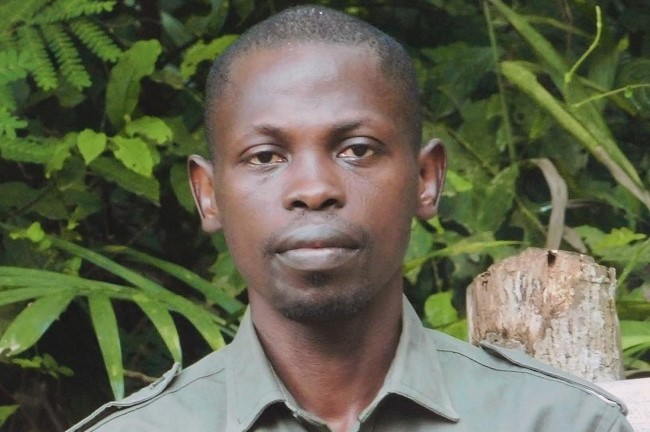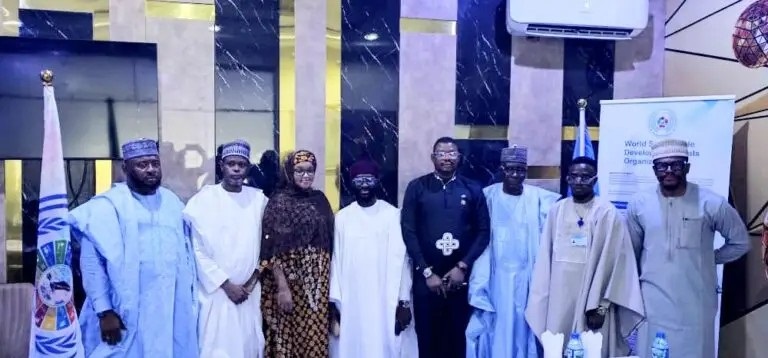Nigeria’s Nationally Determined Contributions (NDCs) under the Paris Agreement represent the country’s blueprint for climate action, economic resilience, and social transformation. The latest draft of NDC 3.0 signals an ambitious shift – linking emission reduction targets with inclusive development priorities, including youth empowerment, job creation, and economic diversification. With over 70% of Nigeria’s population under 35, youth inclusion in climate policy is not just desirable but essential for success.
Nigeria’s NDC Commitments and Economic Implications
The NDC 3.0 outlines a dual strategy of mitigation and adaptation across key sectors such as energy, agriculture, transport, industry, and waste management. On the mitigation side, the government commits to reducing greenhouse gas emissions by scaling renewable energy, promoting clean cooking solutions, and curbing methane leaks from oil and gas. Adaptation priorities include climate-smart agriculture, sustainable water management, and resilient infrastructure development.
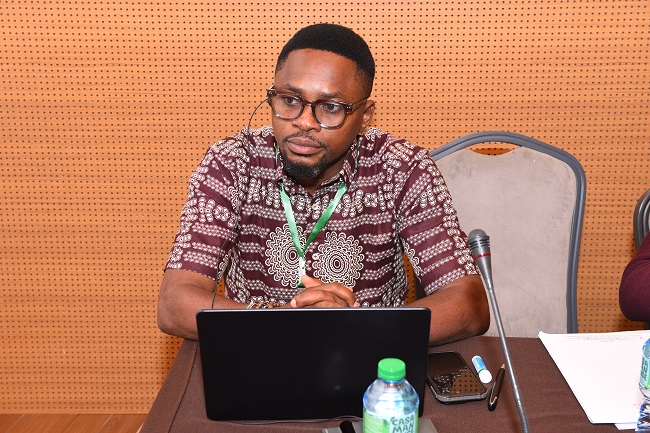
Economically, these commitments serve as enablers of growth. The energy transition agenda, for instance, supports the development of Nigeria’s renewable energy industry – solar, wind, and hydro – unlocking opportunities for private sector investment, local manufacturing, and green jobs. Similarly, methane reduction and industrial energy efficiency can lower operational costs while opening avenues for carbon credit trading.
Moreover, Nigeria’s NDCs recognise the need for climate finance mobilisation through international partnerships, carbon markets, and domestic resource allocation. This financial inflow has the potential to bridge the infrastructure gap, stimulate innovation, and reduce vulnerability to climate shocks that often derail economic growth.
Youth as Key Drivers of NDC Implementation
Youth inclusion is central to NDC 3.0, which emphasizes capacity building, innovation, and entrepreneurship. Climate action requires dynamic human capital, and Nigeria’s youth are well-positioned to lead in several areas:
- Green Jobs and Skills Development
The NDC framework projects significant job creation in renewable energy deployment, waste recycling, sustainable agriculture, and environmental services. By equipping young Nigerians with technical skills in solar installation, biogas production, climate data analysis, and carbon market mechanisms, the government ensures they become frontline actors in the green economy.
- Youth-led Innovation and Entrepreneurship
Nigeria’s start-up ecosystem, already vibrant in fintech and digital solutions, can pivot towards climate technology. Youth innovators are encouraged to design low-cost clean energy solutions, develop apps for precision agriculture, and provide community-based adaptation services. Through targeted incentives, incubation hubs, and concessional financing, the NDCs enable young people to transform ideas into viable enterprises.
- Civic Participation and Policy Advocacy
The NDC 3.0 framework integrates youth voices in decision-making, particularly through university programs, grassroots consultations, and youth-led civil society platforms. This ensures that young Nigerians are not passive beneficiaries but active co-architects of national climate and development policy.
Synergies Between Climate Action and Economic Growth
The intersection of youth empowerment and NDC implementation creates a virtuous cycle for Nigeria’s economy:
- Agriculture Transformation: By promoting climate-smart agriculture, the NDCs support food security while enabling young farmers to access modern tools, improved seeds, and digital advisory services. This not only addresses unemployment but also drives rural economic development.
- Sustainable Infrastructure: Youth participation in green building, resilient transport, and circular economy initiatives ensures that infrastructure development is future-proof, generating long-term savings and investment opportunities.
- Export Competitiveness: By aligning with global decarbonisation pathways, Nigeria strengthens its eligibility for international markets and climate finance, attracting investment and opening new trade opportunities that directly benefit the economy.
Conclusion
Nigeria’s NDC 3.0 is more than a climate document – it is a socio-economic transformation agenda. Embedding youth empowerment at the heart of its strategies, it positions Nigeria to simultaneously tackle the climate crisis, address unemployment, and unlock sustainable growth. The success of these commitments, however, depends on consistent political will, transparent implementation, and robust financing mechanisms. If these are secured, Nigerian youth will not only be beneficiaries but also leaders in steering the country toward a resilient, low-carbon, and prosperous future.
By Olumide Idowu, Executive Director, ICCDI Africa

